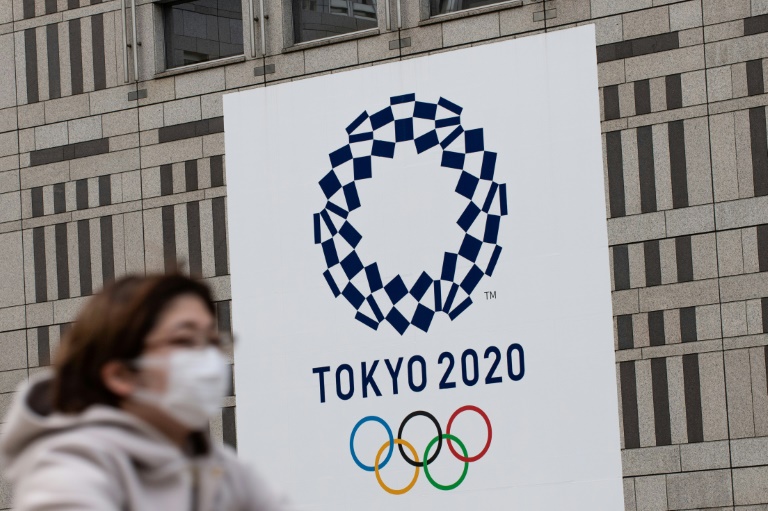HALAL food producers and suppliers that had earlier landed plump contracts to meet demand during the Tokyo Olympics are facing uncertainties following the International Olympic Committee’s decision to scale back on the Games’ spending, including limiting the number of spectators.
The smaller number of selected crowds at the Olympics is also expected to significantly shave the RM3.7 billion in targeted revenue from the sale of halal food and products to Japan by end-2020.
Flavor Innovation Sdn Bhd (FISB) MD Ahmad Husaini Hassan said the company, one of the halal-certified ready-to-eat meals suppliers to the Olympics, is now uncertain if it would participate in the postponed game amid concerns that demand would be underwhelming.
FISB, which markets products under the MyChef brand, had previously struck a deal with the Tokyo Olympics’ food and beverage (F&B) operator to supply halal food at the Athlete Village and for spectators.
“We are not putting any hopes on it at the moment as there are no estimated figures on the Games yet. Even if the Games is held next year, we can expect there to be fewer participants.
“Athletes might end up preparing their own food. As for spectators, if there is no audience, then there is no point of having halal food. It raises concerns on whether it is viable for Malaysian halal food suppliers to go in now,” he told The Malaysian Reserve (TMR).
Prior to the excitement incited by the grand event, Malaysia exported halal goods worth RM2.5 billion to Japan in 2018.
The world’s biggest sporting event, which has been postponed to July 23 next year, will see a US$280 million (RM1.16 billion) reduction in costs from the previously agreed budget of US$12 billion as organisers plan to cut back on its workforce and outdoor pyrotechnic displays.
The Games’ committee has yet to agree on a final budget for the Tokyo Olympics as additional expenses are expected to arise from the rebooking of venues, rearrangement of logistics and the introduction of measures to mitigate the Covid-19 pandemic.
Despite recent concerns over the spike in new infections, Japan’s Olympic Minister Seiko Hashimoto has given her assurance that the Tokyo Olympics must be held “at any cost”.

Ahmad Husaini said the Games’ F&B operator had reached out to companies which previously agreed to set up booths and supply catering facilities for the Olympics.
However, the international travel ban has prevented the Japan-based operator from sampling his products, which is part of the requirement process.
“Until today, nobody can give me a definite answer about whether the Games is genuinely on or not. The F&B operator has called us for a meeting, but due to the travel ban, we cannot meet and show samples of our foods.
“At this point, we are not sure if we are in or out. But if we are in, we need to go back and lobby again.
“We cannot move forward until they say yes to the Olympics and identify how many athletes are involved and how many tickets they are selling,” he said.
Malaysia had set an ambitious target for the Tokyo Olympics, aiming to rake in as much as US$300 million through halal food exports to Japan as it is the only country that has inked a deal with Tokyo to provide halal catering for the event.
The government also saw the mega event as a launchpad for the halal industry to capture a piece of Japan’s US$800 billion F&B market.
Apart from its involvement in catering, the government also secured separate spaces and booths to organise “Malaysia Street” — a corner to promote Malaysian products and allow for interactions with Japanese buyers and distributors.
Before the pandemic, Ahmad Husaini said the group expected to generate RM4 million from sales during the event, while anticipating a spin-off effect through more business deals with Japanese food retailers.
He added that between RM6 million and RM7 million could be generated in the subsequent six months after the Tokyo Olympics.
“When we go in, we do not expect the audiences and athletes to eat our nasi biryani menu every day. We want to go in as an introduction and stay for the long term.
“In our previous deal with the F&B operator of the event, we planned to supply food for athletes and spectators and serve 5,000 to 6,000 people per day.”
Ahmad Husaini added that while he does not put much hope on the Tokyo Olympics, the group plans to supply halal food on a larger scale at the next Olympic Games, which is set to take place in 2024 in Paris, France.
Sources: themalaysianreserve.com



